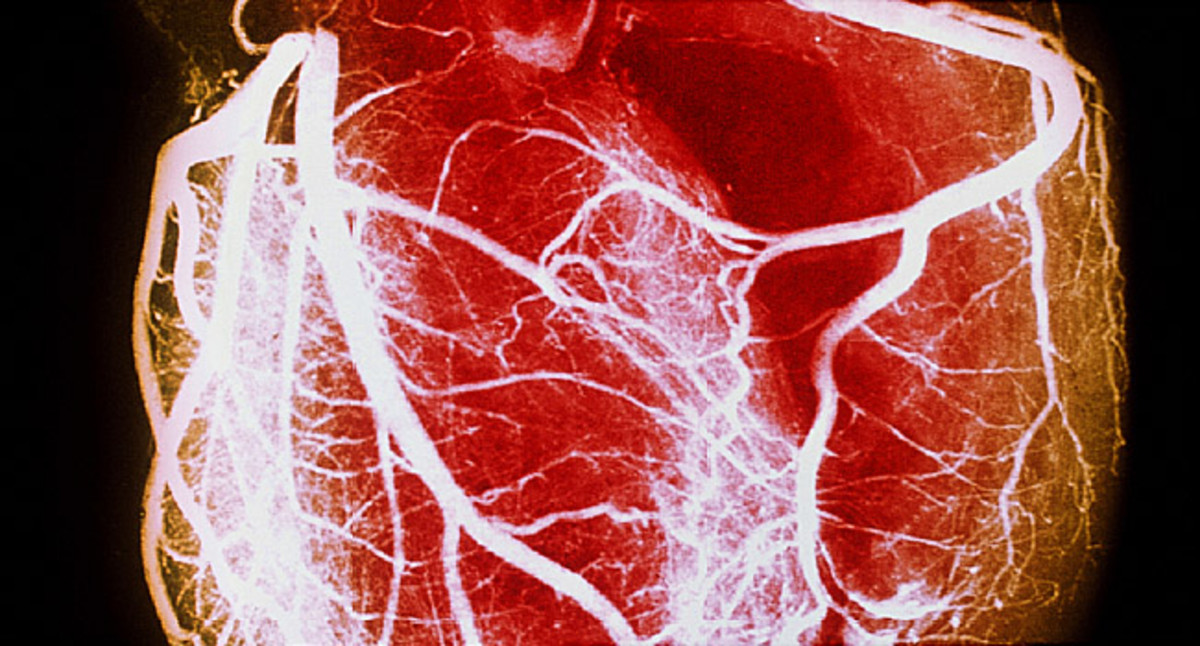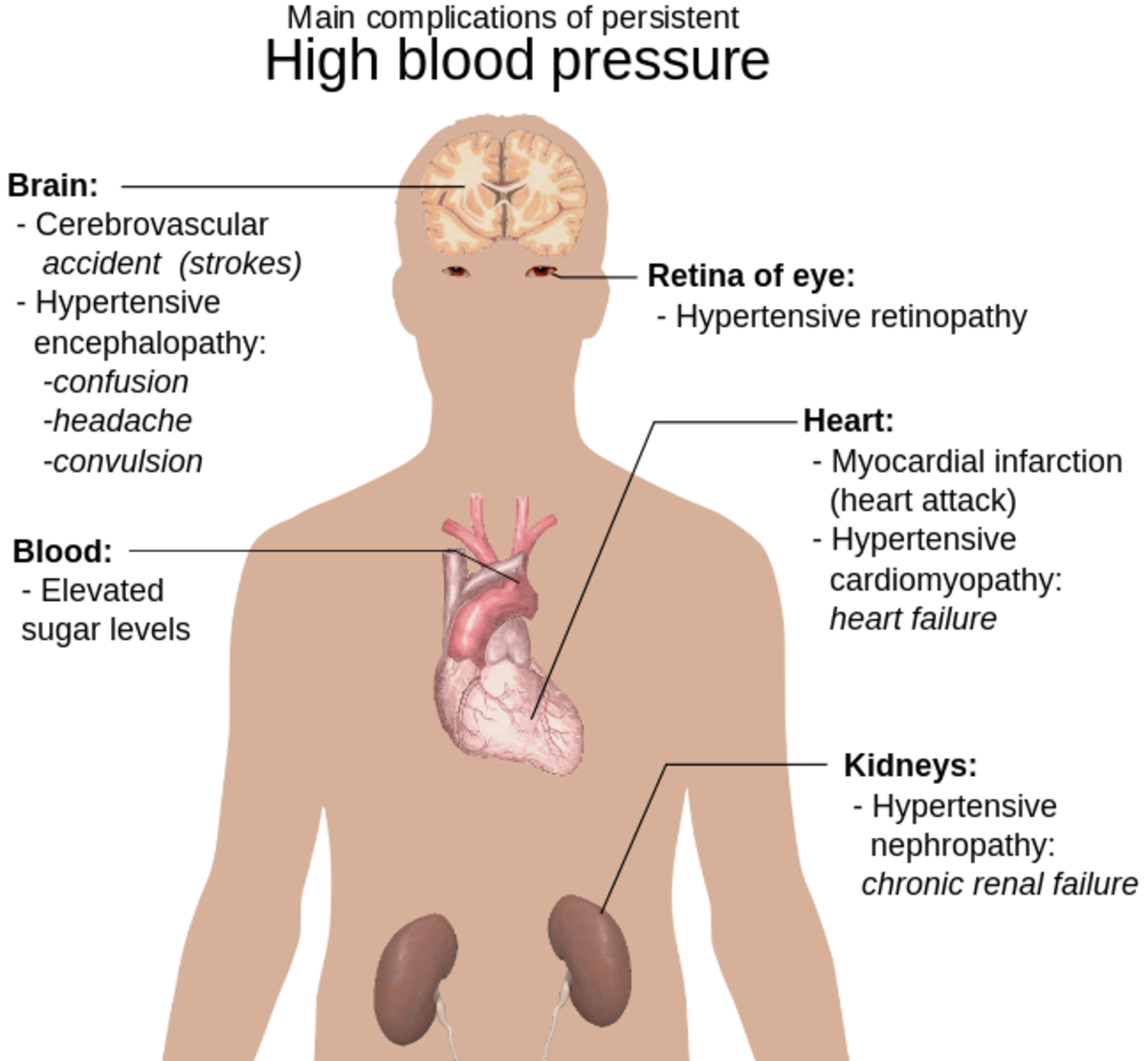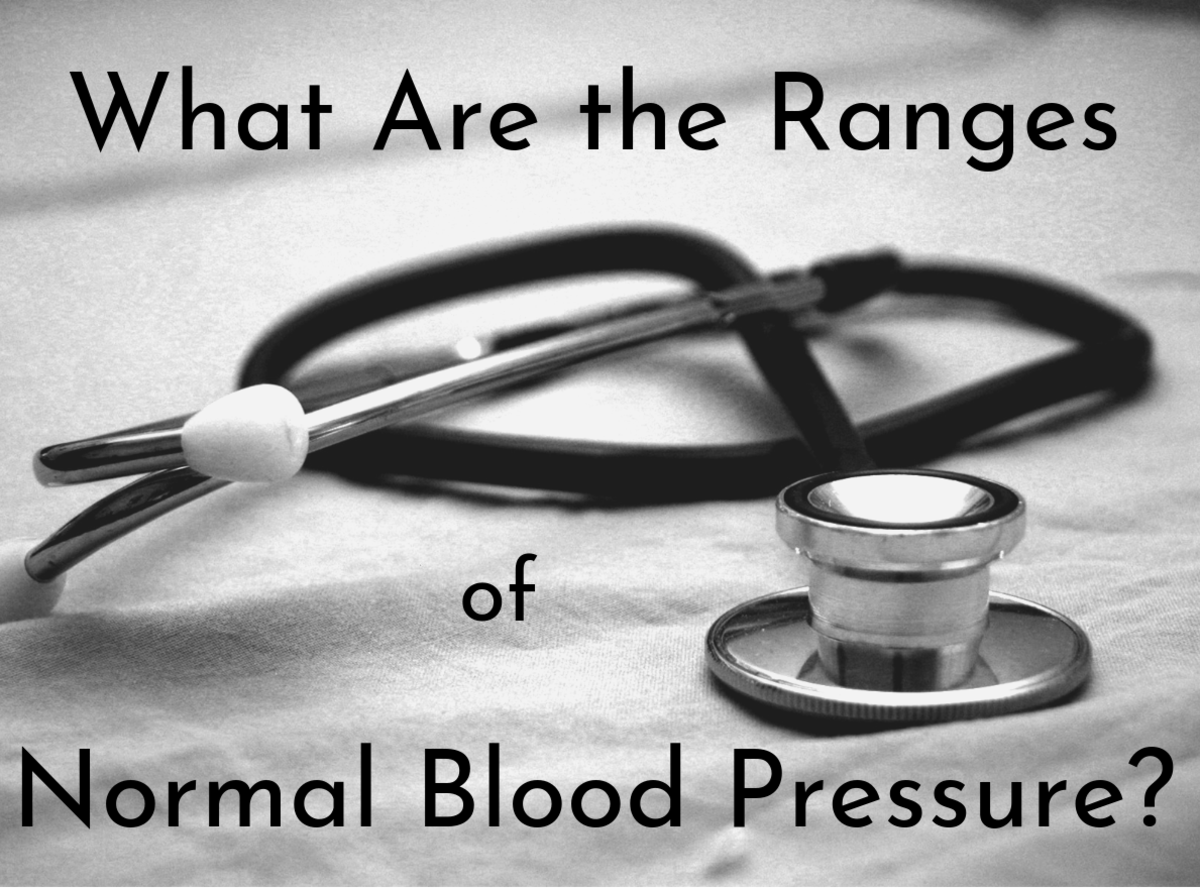Metabolic Syndrome: Diagnoses And More Info
Diagnosing Metabolic Syndrome
When it comes to diagnosing Metabolic Syndrome, there is certain criteria that needs to be met. Once the criteria is met, then the doctor may identify Metabolic Syndrome as the problem. Below are a few traits, and if a person has three or more of these traits, then they may have this condition.
A Large Waist Size
Patients who have Metabolic Syndrome tend to have large waists. For a woman to be diagnosed with the syndrome, she will need to have a 35 inch waist or larger, while men will need to have a 40 inch waist size or larger. However, genetic risk factors play a role in a person's waist size, and if they have any of these risk factors, then their waist size will need to either be 31 inches or larger (women), or 35-37 or larger (males). Some of those genetic risk factors include being at risk for diabetes, as well as race. For example, if a patient has a family history of diabetes or if they are of Asian descent, then their waist size would have to be 31 inches or more if they are a woman, or 35-37 inches or more if they are a male, then they could be diagnosed with Metabolic Syndrome.
High Levels Of Triglyceride
If doctors think a patient has Metabolic Syndrome, not only will they take a look at their patient's waist size, but they will also run tests to determine the amount of triglyceride in their blood. In order to be diagnosed with Metabolic Syndrome, a person will have to have a triglyceride level of 150 mg or higher. However, if they are already receiving treatment for their high levels of triglyceride, and the other criteria is met, then they could still be diagnosed with Metabolic Syndrome. For example, if a patient is already receiving treatment for triglyceride, and they have a large waist, and they meet one of the other criteria that will be discussed, then they may have Metabolic Syndrome.
Reduced Or Low HDL
HDL is short for High-density lipoprotein. It is good cholesterol, and if good cholesterol levels are reduced or low, then this could be a sign of Metabolic Syndrome. In order for a patient to be diagnosed for Metabolic Syndrome, their HDL levels will need to be 40mg or less if they are male, or 50mg or less if they are female. However, they can still be diagnosed with Metabolic Syndrome if they are currently using cholesterol medicine and they meet the other criteria. If a doctor suspects that a patient has Metabolic Syndrome, then they will run tests to determine the amount of HDL that they have in their system. A patient who has low HDL levels may be treated with cholesterol medicine, but if they exhibit other signs of Metabolic Syndrome, such as a large waist and/or high levels of triglyceride, the doctor figure out what form of treatment should be provided.
High Blood Pressure
When a person has high blood pressure, it can be due to many things. Some of these things include stress, a bad diet and obesity to name just a few. However, having high blood pressure can also be a sign of Metabolic Syndrome. A person or their doctor can check their blood pressure. If one checks it themselves and they notice that it is 135/85 mm Hg or higher, and it consistently stays at 135?85 mm Hg or higher, and they have any of the other conditions discussed in this article, then they may want to go to the doctor. The doctor will likely recheck the blood pressure, as well as determine if the patient meets other criteria for Metabolic Syndrome.
People who are currently using medicine to treat high blood pressure can also have Metabolic Syndrome. However, it is important to note that numerous things can lead to high blood pressure. People do not have to stress out if they find out they have high blood pressure. However, they should be concern when they have high blood pressure on a consistent basis.
High Fasting Glucose Levels
People will also want to keep an eye on their blood sugar levels (blood glucose). If a person's blood glucose is 100 mg or higher, they could very well have Metabolic Syndrome. This can also be the case if a person is already taking treatment for their high blood sugar. When a doctor checks their patients out for high blood glucose, they will be able to let them know if it is 100 mg or higher. The doctor will either provide them with treatment, or they will run other tests on in order to determine if the patient meets all of the criteria in order to be diagnosed with Metabolic Syndrome.
What Can Cause Or Lead To Metabolic Syndrome
Before a doctor diagnoses a person as having Metabolic Syndrome, they may ask them a few questions relating to their lifestyle. The reason many doctors do this is because it can make it easier for them to determine whether or not patients have Metabolic Syndrome. One of the things they may ask is whether or not a person exercises. People who do not get at least 30 minutes of moderate-intensity exercise per day, may be putting themselves at risk for Metabolic Syndrome.
If a person is overweight, the doctor may recommend trying to lose 5-10 percent of their body weight, as this can reduce insulin levels. People who are overweight are at risk of diabetes, and they are also at risk of developing Metabolic Syndrome. A doctor will determine if a person is overweight, as well as determine if they have high blood sugar levels. A doctor will perform a few other tests to find out if a person has the condition.
As previously mentioned, diet can play a role in putting a person at risk for numerous conditions, with one of them being Metabolic Syndrome. A doctor will ask their patients questions about their diet, as they will want to have a good idea of what they eat during the day and throughout the week. It may be determined that their diet puts them at risk for the condition. The doctor will likely perform more tests on the patient if this is the case, and then they will decide whether or not they have Metabolic Syndrome.
One of the first things a doctor will ask their patients before diagnosing Metabolic Syndrome is if they smoke cigarettes. Smoking cigarettes can cause many different health problems, and one of them is Metabolic Syndrome. Before diagnosing the condition, they may ask their patient to quit smoking or to drastically cut down the amount of cigarettes they smoke on a daily basis. They will also perform other tests, and then they will make a diagnosis.
Please read instructions thoroughly on any medicine the doctor provides. Patients need to remember that it is important to take treatment for conditions they have been diagnose with. Also, patients should keep in mind that they may be diagnose with one condition before a doctor will determine whether or not they have Metabolic Syndrome. For example, a doctor may tell them that they have high blood pressure and they will provide the appropriate treatment. While patients take treatment for their high blood pressure, the doctor will run other tests and then they will let them know whether or not they have Metabolic Syndrome.








